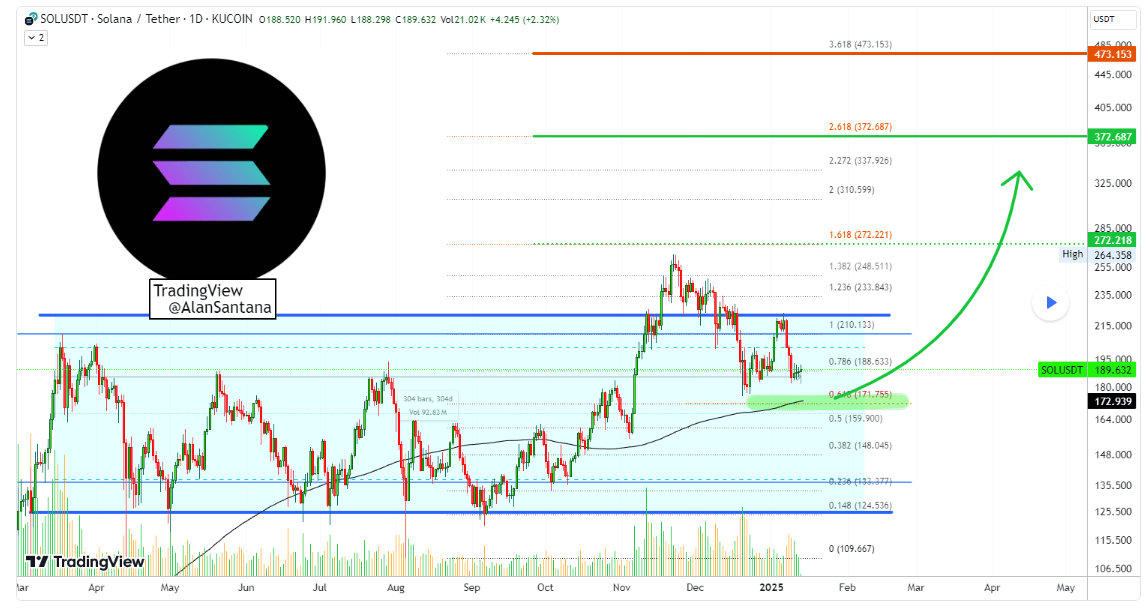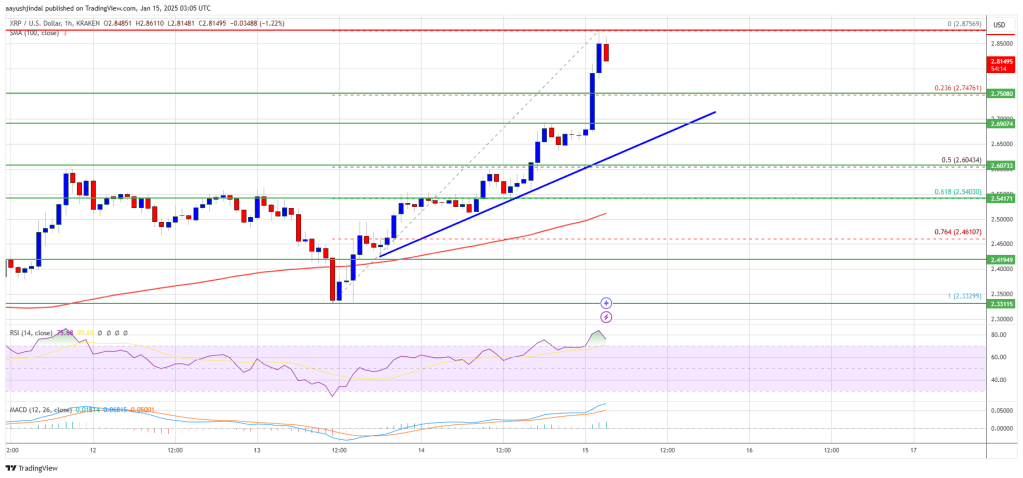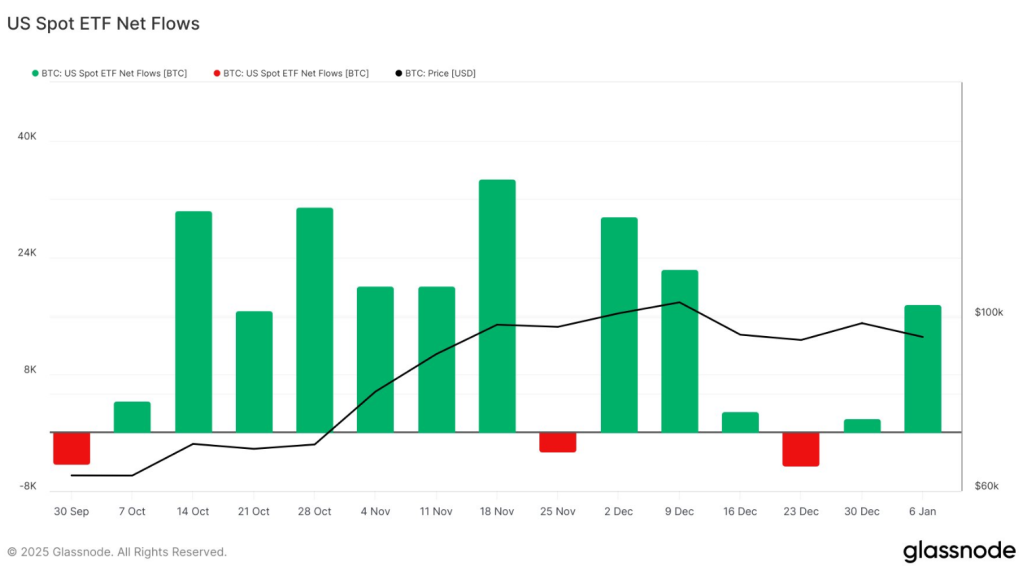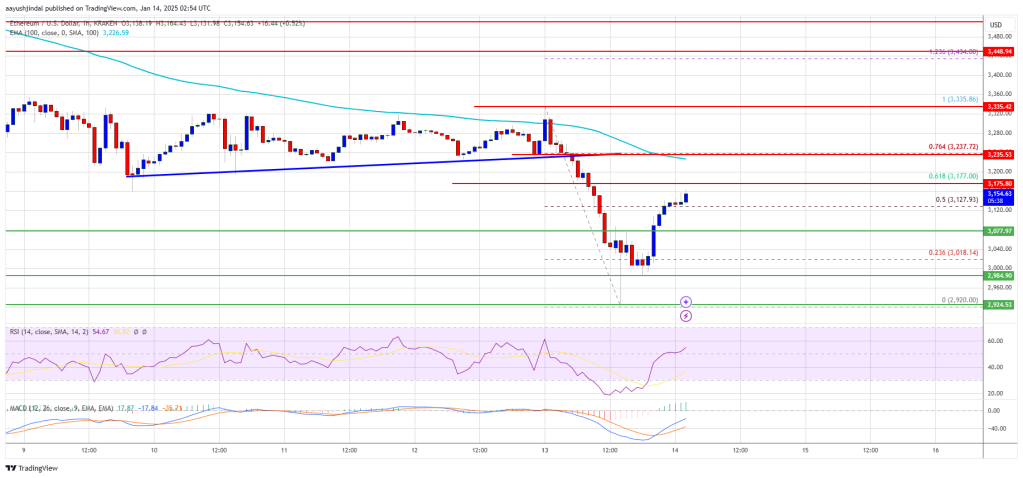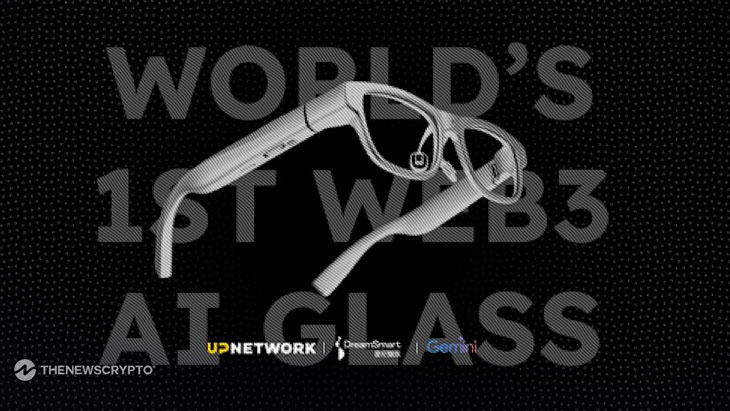
Up Network and DreamSmart have joined forces to unveil the world’s first Web3 AI glasses, a device that seamlessly integrates artificial intelligence (AI), extended reality (XR), and Web3 technologies. Set to launch in early 2025, these glasses are poised to redefine how humans interact with machines, pushing the boundaries of the high-tech industry and marking a significant step forward in the post-smartphone era.
Up Network is a leader in user-powered AI operating systems, and DreamSmart is a global technology powerhouse known for its Flyme AIOS platform and innovative approach to consumer electronics. Together, they have created a device under DreamSmart’s StarV brand that combines sleek industrial design with advanced AI capabilities that are powered by Google’s Gemini. The collaboration represents a shared vision of making complex technologies accessible and intuitive for all.
Devansh Khatri, Co-founder of Up Network, said that the glasses are not just a device but a bridge to a future where technology seamlessly integrates AI, XR, and Web3 incentives. By doing this, he says that we will enable a new era of interaction that serves human needs while prioritizing user empowerment and privacy.
The innovative features of the Web3 AI glasses make them stand out in the crowded wearable tech market. Weighing in at just 44 grams, they offer all-day comfort and up to eight hours of battery life. Their optical guide-wave display delivers immersive XR experiences, transforming daily tasks, productivity, and entertainment. Powered by Google’s Gemini AI, the glasses provide real-time contextual intelligence, allowing users to interact naturally through voice commands.
This ease of interaction extends to Web3 technologies, which have traditionally been challenging for non-experts to navigate. The glasses simplify access to decentralized systems, enabling hands-free management of, for example, blockchain applications, wallets, and digital assets. By leveraging Up Network’s AI-driven operating system, users can engage with Web3 through intuitive, natural language commands.
Key Benefits at a Glance
The glasses deliver a host of important benefits, including:
- Simplified Web3 Integration: The glasses eliminate the steep learning curve of blockchain technology, allowing even newcomers to participate effortlessly.
- AI-Driven Rewards: Users can earn tokenized incentives by interacting with AI agents and contributing insights, which creates a positive feedback loop of interaction, system improvement, and rewards.
- Data Sovereignty: On-device processing ensures user privacy and control over personal data.
- Seamless Experiences: From productivity tools to entertainment, the glasses adapt intelligently to user needs, offering a frictionless blend of AI and XR capabilities.
The Privacy Advantage
In a time of growing concerns over data privacy, the Web3 AI glasses prioritize user sovereignty. All interactions and commands are processed on-device, with anonymized storage ensuring that data remains secure and private. This feature underscores the partnership’s commitment to empowering users while safeguarding their digital data and identities.
Both companies bring a wealth of expertise to this collaboration. Up Network’s mission to empower 18 billion smart devices globally is highly aligned with DreamSmart’s strategy of integrating smartphones, XR, and smart cars into a cohesive smart mobility ecosystem. This synergy is evident in the ability of the glasses to deliver a connected, multi-device experience that enhances daily life – all with a highly acceptable learning curve and up-front investment.
Web3 AI glasses will be available in Q1 2025, with further details on pricing and market availability expected soon. As the industry anticipates this launch, it is clear that the partnership between Up Network and DreamSmart has the potential to reshape the landscape of wearable technology and usher in a new era of human-machine interaction never before seen – one with a major positive impact on the wearable-tech narrative.
